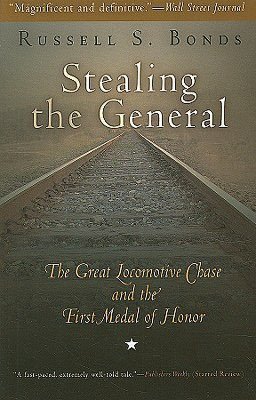It's the time of year to drop hints. And the older I get the harder the shopping must be. There's just not that much I can think of when a family member wants to know. And I've certainly got my share already of socks, shirts and sweaters. But I do like to read and trains are one of the favorite things. Well, not just trains, but railroading in general particularly anything interesting and historical.
The most interesting railroading book I have is "They Built The West". It's a month's worth of reading but worth every minute of it. And the most entertaining railroading book I have is "Dining By Rail".
Any ideas for Santa or whomever?
Oh, I've already had my hints for gifts from me to most family members. It seems that cash has become rather popular...
Original Post



